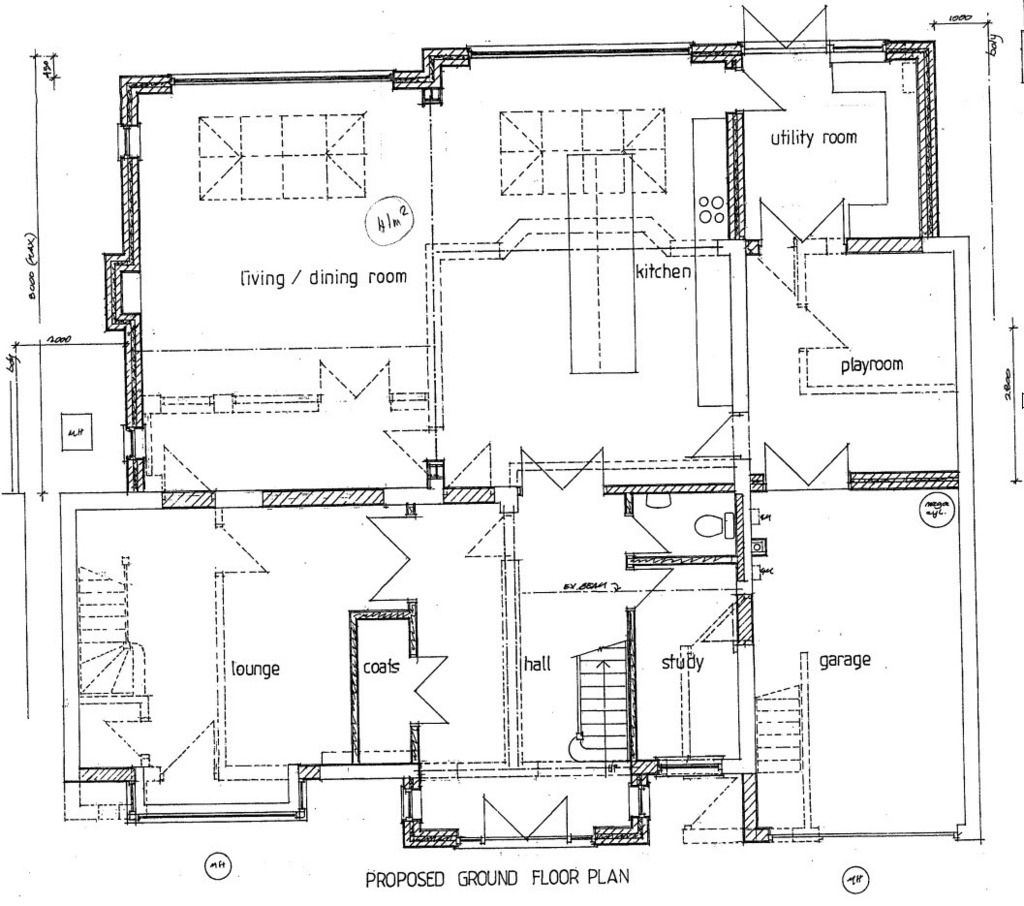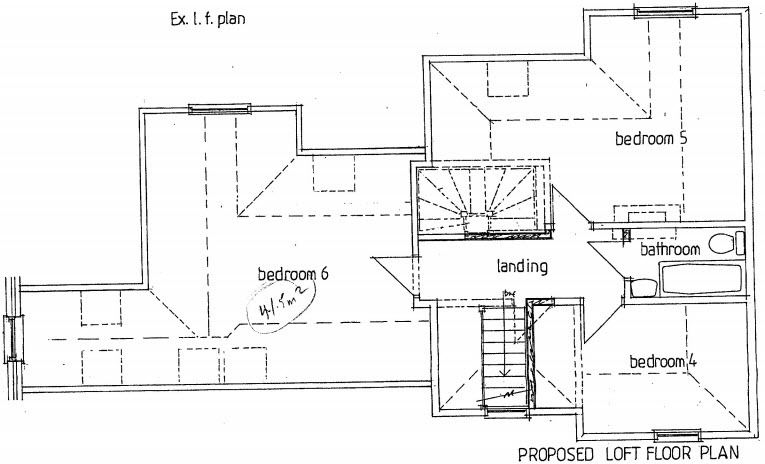Generally speaking, does underfloor heating cost more to run than having radiators?
We're having an extension built (dimension A is 41m2 and another dimension B is 21m2). I am aware that it is not easy to make a direct comparison because they are two different systems and underfloor heating is perhaps more efficient because of radiant heat etc, but given that the length of pipe in each area will contain more water than say radiators (but then I'm not really factoring in copper pipe runs etc), is underfloor heating more expensive?
Or could costs actually fall because of the efficiency attained?
Finally, is underfloor heating less prone to leaks / burst pipes etc as a result of not setting your heating to come on during winter time if going away on holiday etc (leaving aside the pipes supplying taps and toilets)?
We're having an extension built (dimension A is 41m2 and another dimension B is 21m2). I am aware that it is not easy to make a direct comparison because they are two different systems and underfloor heating is perhaps more efficient because of radiant heat etc, but given that the length of pipe in each area will contain more water than say radiators (but then I'm not really factoring in copper pipe runs etc), is underfloor heating more expensive?
Or could costs actually fall because of the efficiency attained?
Finally, is underfloor heating less prone to leaks / burst pipes etc as a result of not setting your heating to come on during winter time if going away on holiday etc (leaving aside the pipes supplying taps and toilets)?




